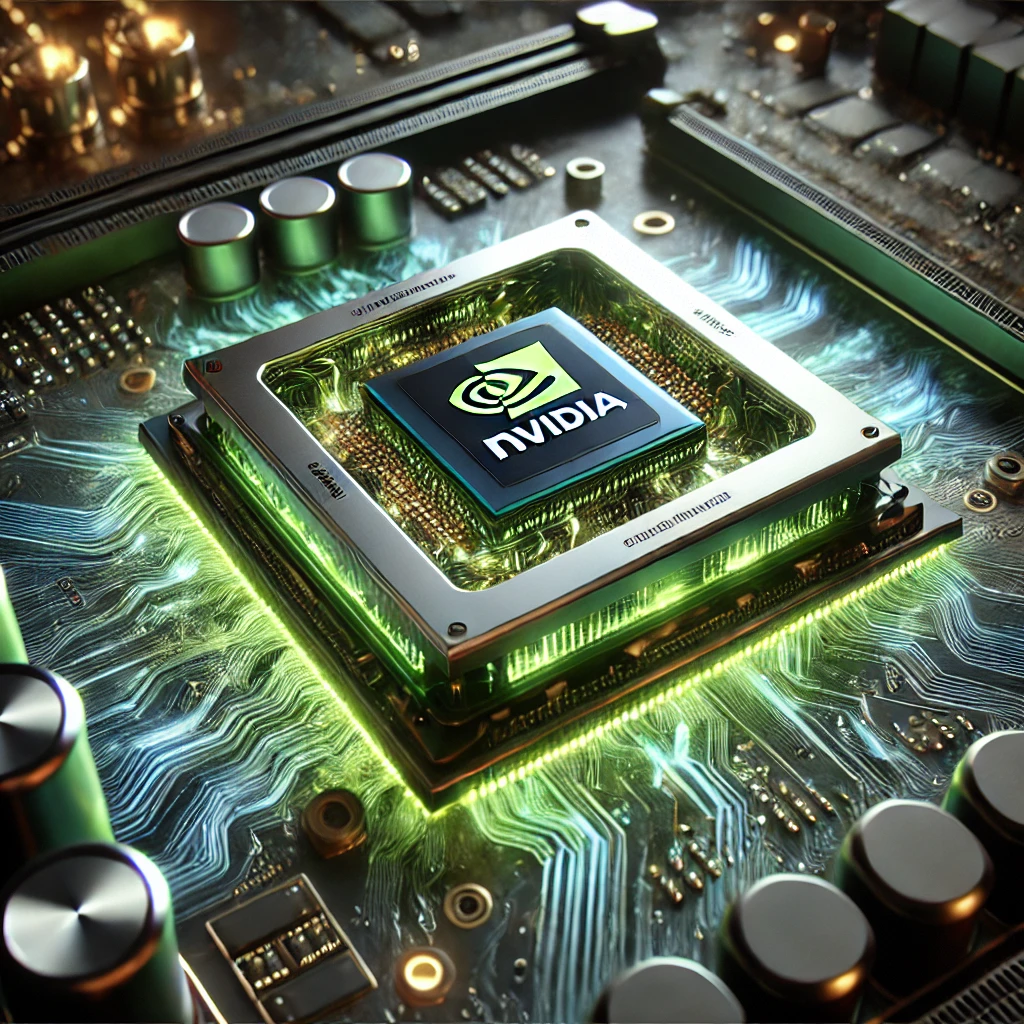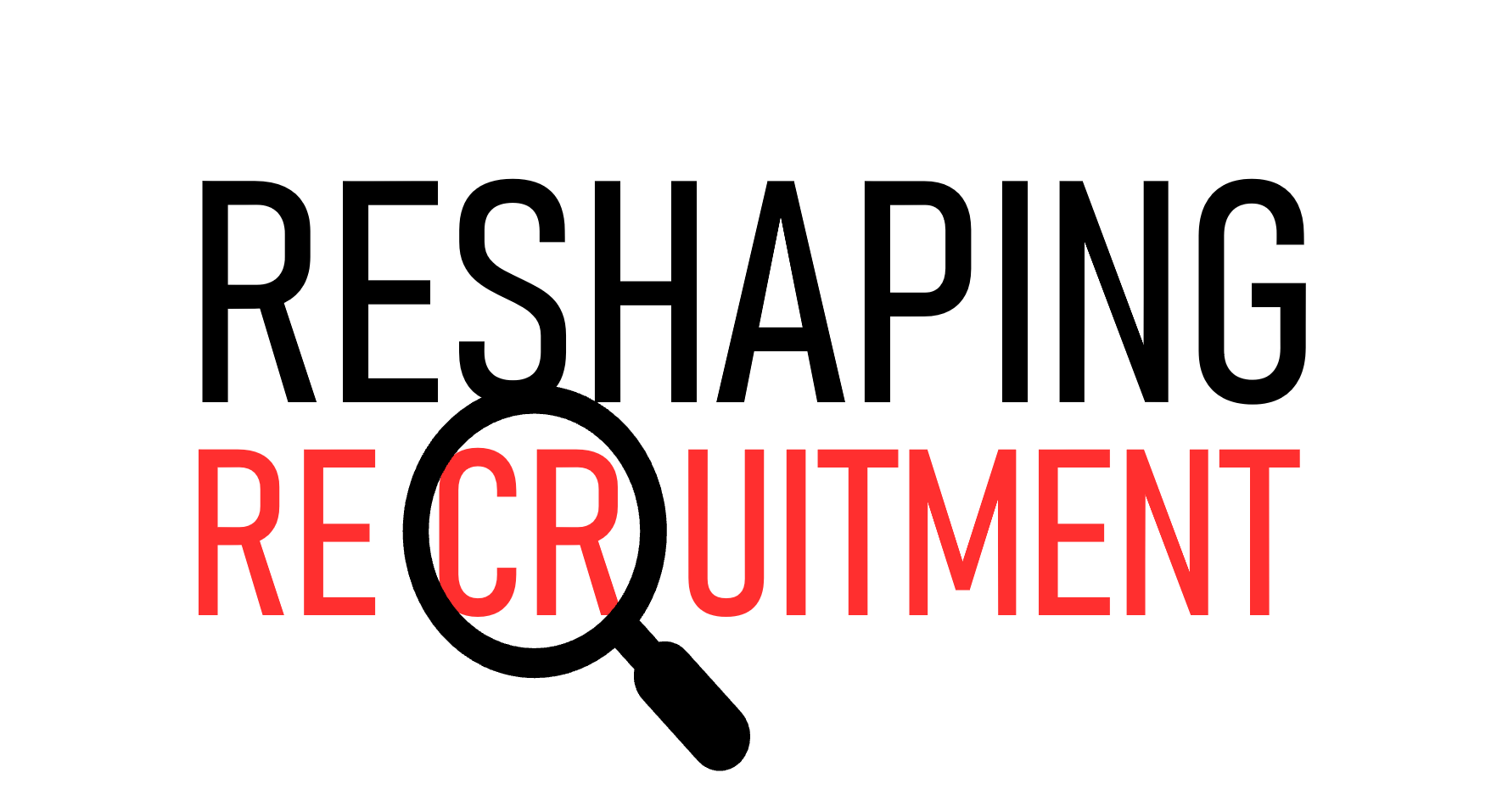
The AI Summit That Could Change Everything
The AI Summit That Could Change Everything
I've been in the AI game for a while now, but I've got to tell you, this is big. Really big. The kind of big that could reshape the entire landscape of artificial intelligence as we know it.
What am I talking about? Well, buckle up, because Nvidia CEO Jensen Huang is about to sit down with President Donald Trump at the White House. And trust me, this isn't just another tech CEO making a courtesy call.
The Silicon Valley-Washington Tango
Now, you might be wondering why this particular meeting has got everyone in the AI-driven recruitment and AI-powered hiring industry on edge. It's not just about two powerful figures having a chat. This meeting is happening against a backdrop of rising tensions with China, concerns about AI advancements, and the global race for technological supremacy.
Let's break it down.
Nvidia, under Huang's leadership, has become the undisputed king of AI chips. These aren't your run-of-the-mill computer parts. We're talking about the engines that power the most advanced AI systems on the planet. The kind of Ai recruitment automation tech that's reshaping industries, from healthcare to finance to, yes, even recruitment and sales.
But here's where it gets tricky. China wants these chips. Badly. And they're making strides with companies like DeepSeek that have the potential to reduce their reliance on U.S. technology. This has got Washington worried, and for good reason.
The Great AI Balancing Act
So, what's likely to be on the agenda for this high-stakes meeting? From my perspective, it's going to be a delicate dance around three key issues:
1. AI advancement: How do we keep pushing the boundaries of what's possible without compromising national security?
2. Chip manufacturing: Can we maintain America's edge in this crucial technology?
3. Export controls: Is it time to tighten the reins on who gets access to our most advanced AI chips?
These aren't easy questions to answer. Believe me, I've grappled with similar issues in my own work implementing AI solutions for businesses. It's always a balancing act between innovation and security.
The Ripple Effect
Now, you might be thinking, "Jack, this all sounds very high-level. How does it affect me?" Well, let me tell you, the decisions made in that White House meeting room could have far-reaching consequences.
If stricter export controls are put in place, it could slow down global AI development. On the flip side, it might spur more domestic innovation. It's a classic case of short-term pain for long-term gain.
For businesses, especially those in tech and AI-adjacent fields, the implications could be significant. We might see changes in everything from supply chains to hiring practices. And let's not forget about the potential for retaliatory measures from China.
The Human Element
Here's something I always stress in my work: AI is a tool, but it's how we use it that matters. This meeting between Huang and Trump is a perfect example of the human element in AI development.
It's not just about the technology. It's about relationships, diplomacy, and making tough choices. As someone who's spent years advocating for a Hybrid AI Workforce approach, I can't stress enough how crucial it is to find the right balance between technological advancement and human insight.
What's Next?
So, where do we go from here? Honestly, it's hard to say. The outcomes of this meeting could set the tone for AI development and international tech relations for years to come.
One thing's for sure: we're at a crossroads. The decisions made in the coming weeks and months will shape the future of AI, not just in the U.S., but globally.
As for me? I'll be watching closely, ready to adapt and help businesses navigate whatever changes come our way. Because in the world of AI, the only constant is change.
And who knows? Maybe this meeting will be the catalyst for a new era of innovation and collaboration. Or maybe it'll lead to more restrictions and challenges. Either way, it's going to be one hell of a ride.
Buckle up, folks. The future of AI is being written as we speak.

